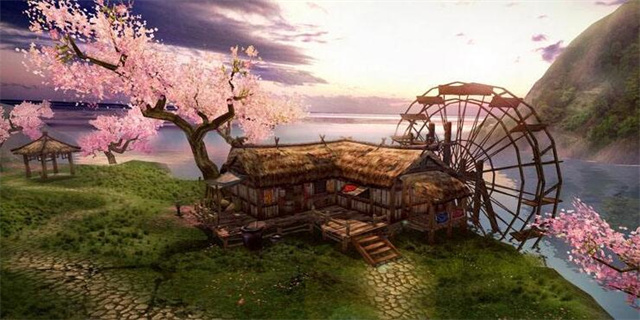The Devastating Power of Nuclear Weapons
Introduction
Nuclear weapons have been a topic of great concern and fascination since their development during World War II. These destructive devices have the potential to unleash unimaginable devastation and have forever changed the way nations approach warfare. In this article, we will explore the history, effects, and current state of nuclear weapons.

Historical Background
The creation of nuclear weapons can be traced back to the Manhattan Project, a top-secret research program conducted by the United States during the 1940s. Led by scientists such as J. Robert Oppenheimer, this project aimed to develop the world's first atomic bomb. On July 16, 1945, the successful detonation of the Trinity nuclear test marked the beginning of the nuclear age.

The Science Behind Nuclear Weapons
Nuclear weapons derive their destructive power from nuclear reactions. The most common type of nuclear weapon is the atomic bomb, also known as a fission bomb. It works by initiating a chain reaction in a mass of fissile material - typically uranium-235 or plutonium-239. The process involves rapidly splitting the atomic nuclei, releasing an enormous amount of energy in the form of an explosion.
The Effects of Nuclear Weapons
The effects of a nuclear explosion are devastating and far-reaching. The immediate impact of the blast itself includes thermal radiation, shockwaves, and a mushroom cloud. These destructive forces can cause widespread destruction, killing thousands of people and leveling entire cities. However, the long-term effects of a nuclear explosion are equally if not more concerning.
Nuclear Weapons Today
The use of nuclear weapons remains a highly controversial subject, with significant global efforts to limit their proliferation. The Treaty on the Non-Proliferation of Nuclear Weapons (NPT) was signed in 1968, aiming to prevent the spread of nuclear weapons and promote disarmament. Currently, nine countries possess nuclear weapons: the United States, Russia, the United Kingdom, France, China, India, Pakistan, Israel, and North Korea.
Conclusion
Nuclear weapons possess an immense destructive power that can reshape the world as we know it. The horrors of past uses, such as the bombings of Hiroshima and Nagasaki, have served as a stark reminder of the devastating consequences of these weapons. As the world progresses, it is crucial to continue efforts towards disarmament and nuclear non-proliferation, ensuring a safer and more peaceful future for all.

















